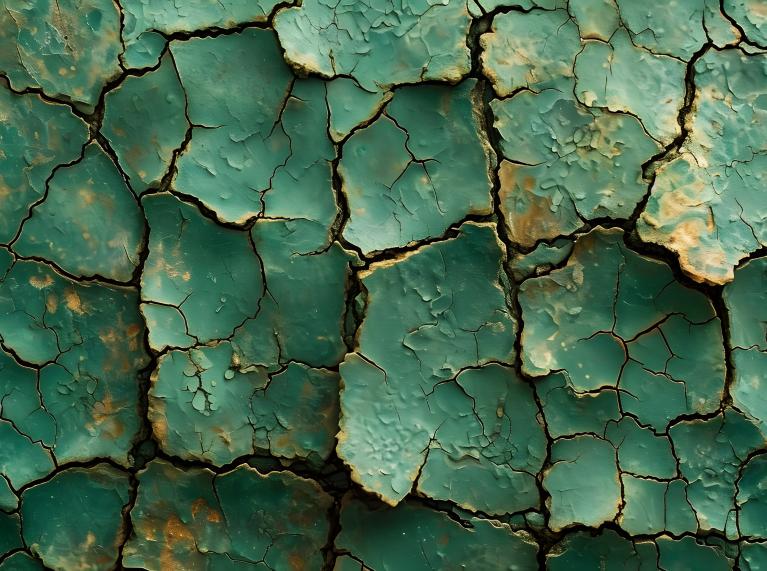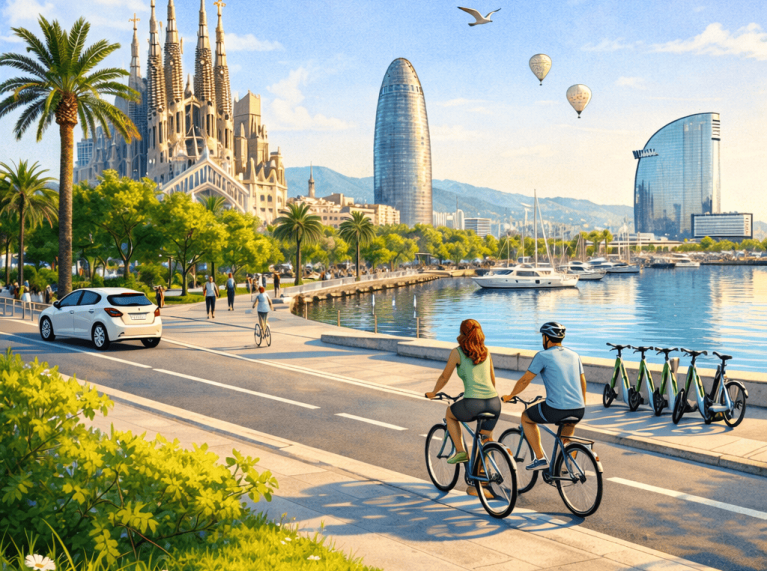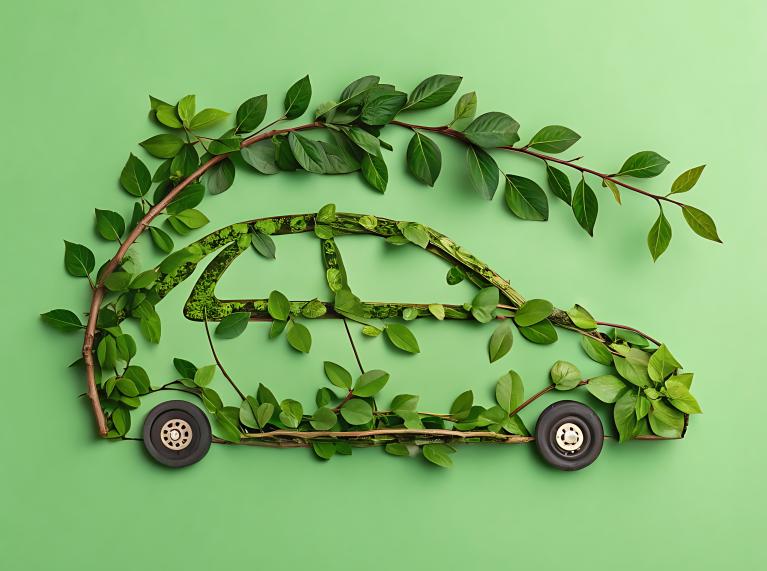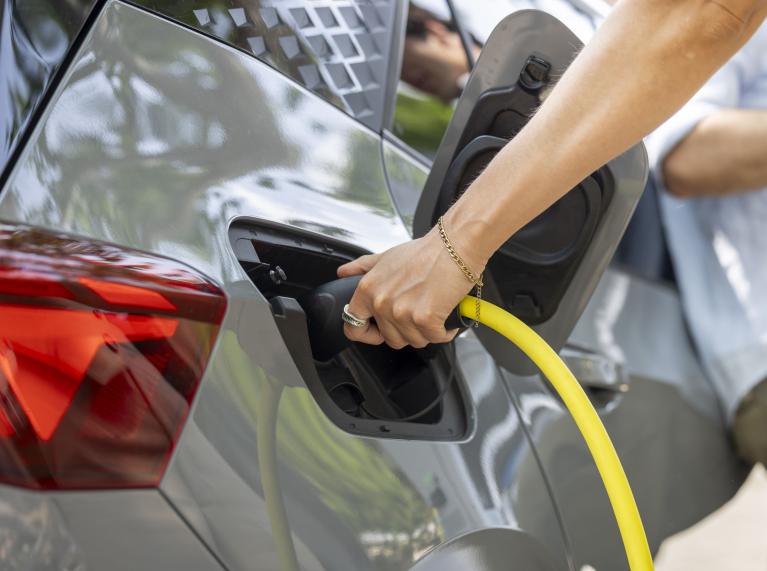In recent years, we’ve been witnessing a concerning phenomenon: the increasing lack of rain in several of the world’s regions. This trend poses challenges for global sustainability. As water resources dwindle, we must take a comprehensive approach to addressing this problem, seeking solutions to halt the decline in rainfall levels and encourage everyday habits for responsible water use.
The impact of climate change
Droughts can be meteorological, hydrological or agricultural. And while the lack of precipitation has to do with natural causes, it is also linked to human-induced climate change.
Fuel vehicles emit large amounts of CO2, contributing to greenhouse gas pollution and therefore global warming. This phenomenon has disrupted traditional weather patterns and has led to longer periods of drought.
Rainfall is becoming more erratic: it literally never rains but it pours, as episodes are few and far between, and so intense that they lead to downpours and flooding. Such dramatic patterns of rainfall do not benefit the ecosystem, nor do they contribute to ending the drought.
The consequences of drought
Not only does the lack of rain affect the availability of drinking water, it also impacts agriculture, biodiversity and food security. These are some of the consequences:
Economic consequences: Agricultural and livestock losses, rising food prices and the loss of power generation capacity at hydroelectric plants.
Environmental consequences: Destruction of river habitats, lack of food and water for wildlife, greater stress on vegetation, loss of wetlands, etc.
Social and health consequences: Problems related to poor water quality or respiratory diseases due to increasing airborne dust levels, forced migrations, anxiety disorders, new diseases caused by the lack of hygiene and sanitation and, in extreme situations, death due to lack of water.
Responsible water use
Here are some tips for mindful water use that manages water resources efficiently:
- Fix leaks: Make sure your taps, pipes and appliances aren’t leaking and wasting water.
- Be efficient: Adopt habits that reduce water use, such as turning off the tap while you brush your teeth or wash dishes.
- Collect rainwater: Install rainwater collection systems and use what you collect in tasks that don’t require drinking water, such as watering plants and cleaning.
- Use efficient appliances: Choose certified water-efficient household appliances to reduce water use in your daily chores.
- Sustainable gardening: Use gardening methods that minimise water use, such as drip irrigation and choosing drought-resistant plants.
What measures should we take to use water responsibly in light of climate change?
The lack of rain as a result of climate change is a challenge that calls for immediate action. By embracing electric vehicles and responsible water use habits, each of us can make a significant contribution to the preservation of our natural resources and the well-being of the planet.
Endolla Barcelona, supporting electric mobility: Let’s move towards a cleaner future in which every kilometre we drive also drives the fight against climate change forward.




